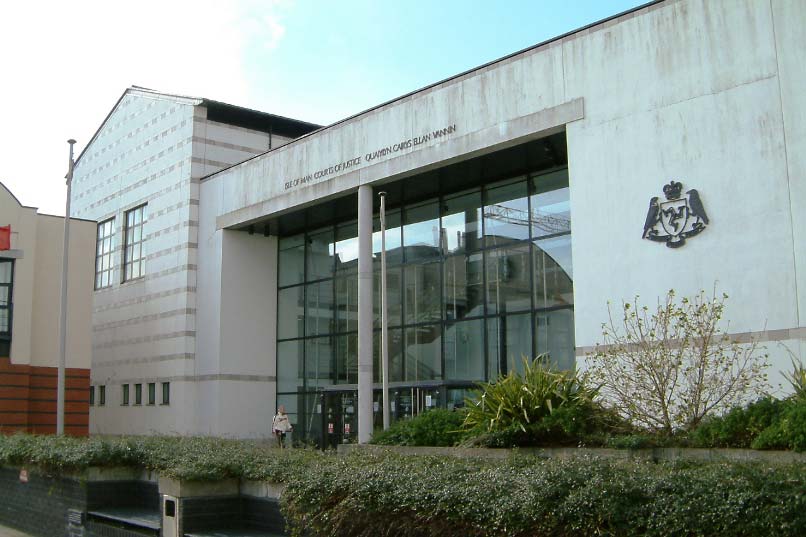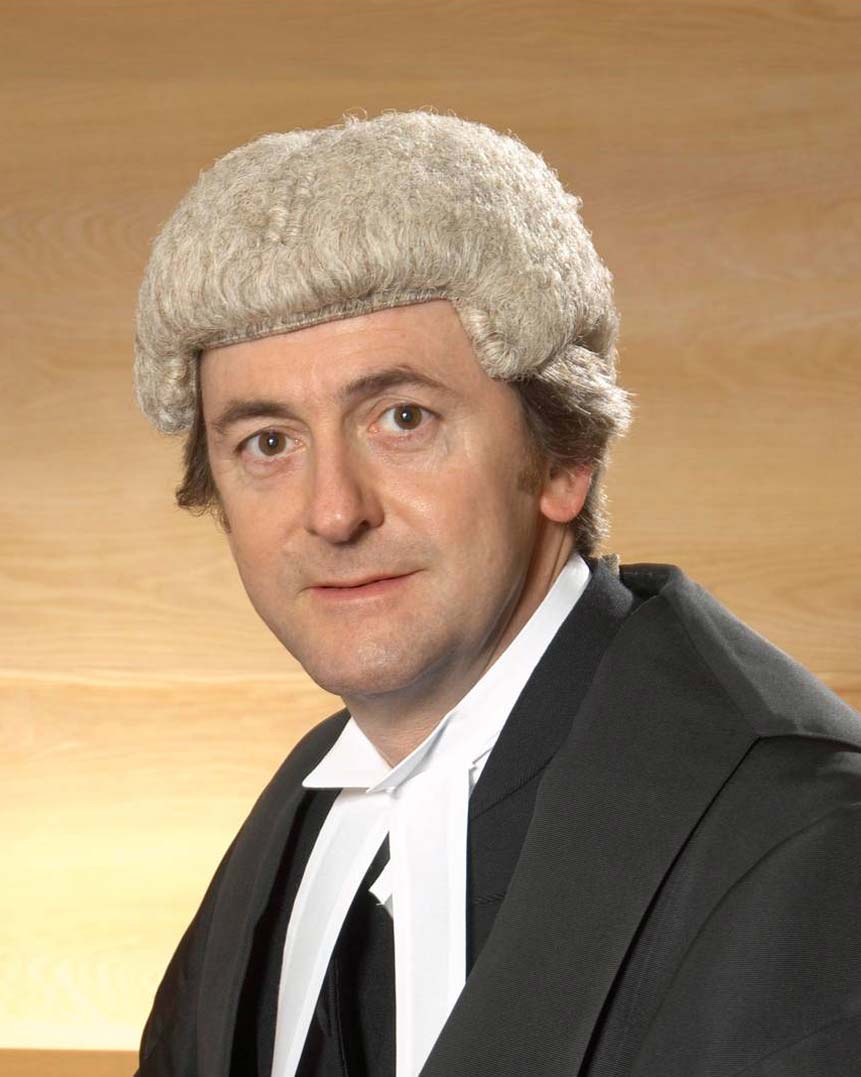
The Isle of Man has its own legal system, although much of Manx law is based on the principles of English common law.
Advocates
Lawyers in the Isle of Man are known as Advocates and combine both the roles of solicitors and barristers in England. Organised into partnerships, Manx advocates perform a wide range of work and have an exclusive right of audience in the Island's courts (although English barristers can be licensed to appear in certain cases).
Other legal work (except conveyancing) can be undertaken in the Island by registered legal practitioners qualified to practice in other jurisdictions.
The Manx Legal System
Although English law does not extend to the Isle of Man, the Manx legal system is based on the principles of English common law, like the legal systems of most Commonwealth countries.
Manx criminal law was codified in the 19th Century and is closely based on English law. In relation to contract, tort, family law and social security, it is very similar, but in other respects, Manx law has been developed to meet the Island's special circumstances. This particularly relates to direct taxation, company law and financial supervision.
Many of the recent changes made in English law regarding land have not been followed in the Isle of Man and there are now significant differences between Manx and English conveyancing procedures. The Manx system is based on a Registry of Deeds.

Sources of Manx Law
The principal sources of Manx law are Acts of Tynwald (the Manx Parliament) and the Orders and Regulations made under these Acts. Tynwald has power to pass Acts on any subject, but all Acts of Tynwald require the Royal Assent of the King.
Although the Isle of Man is largely autonomous, the Parliament at Westminster still legislates for the island in respect of some subjects which are of common concern to the Isle of Man and the United Kingdom, such as defence, nationality and immigration.
EU law only has direct application to the Isle of Man for very limited purposes.
Judges and Courts
The Island's High Court judges are two Deemsters (a term dating from Viking times), who have jurisdiction over all the criminal and civil matters. In England this would fall to the High Court, County Court and Crown Court.
The Manx Appeal Court, (the Staff of Government Division), consists of the Deemsters and the Judge of Appeal, a part-time position filled by an English QC.
The final appeal, one that is rarely pursued, is to the Judicial Committee of the Privy Council in London.
The Island has its own lay magistrates (similar to their English counterparts) and also two stipendiary magistrates (the High Bailiff and Deputy High Bailiff) who also act as coroners of inquests and preside over the licensing court.







